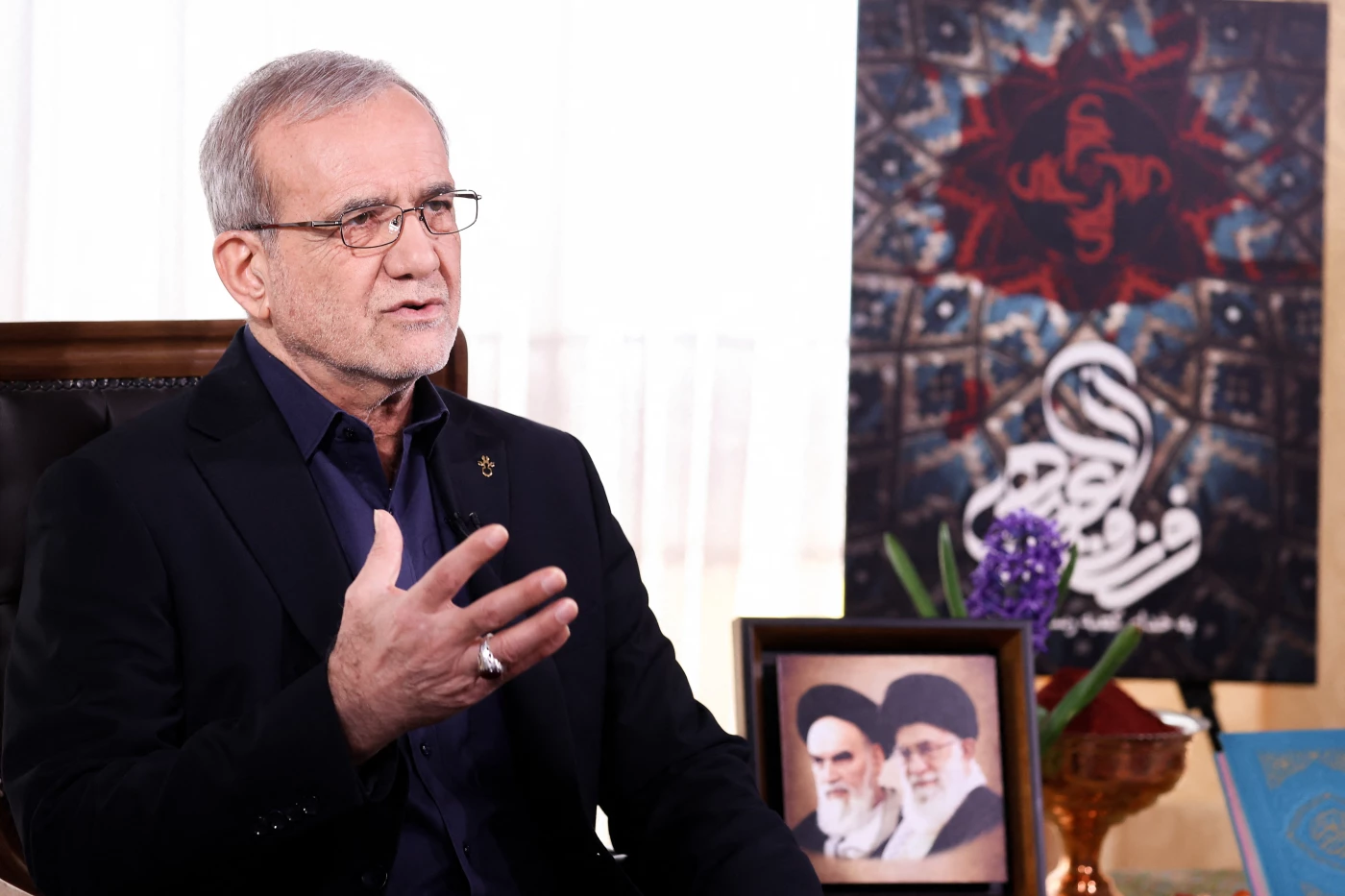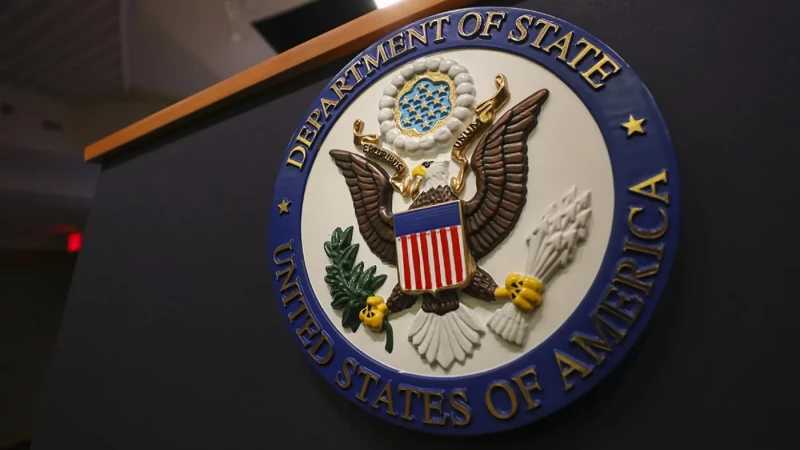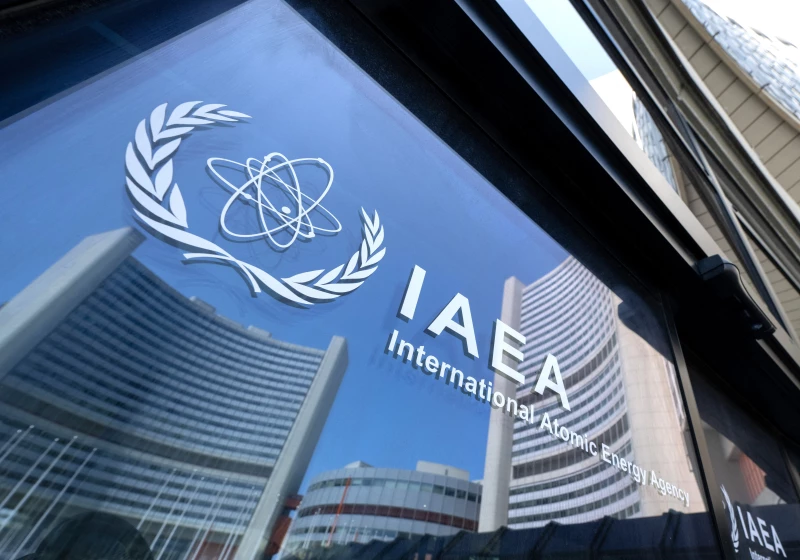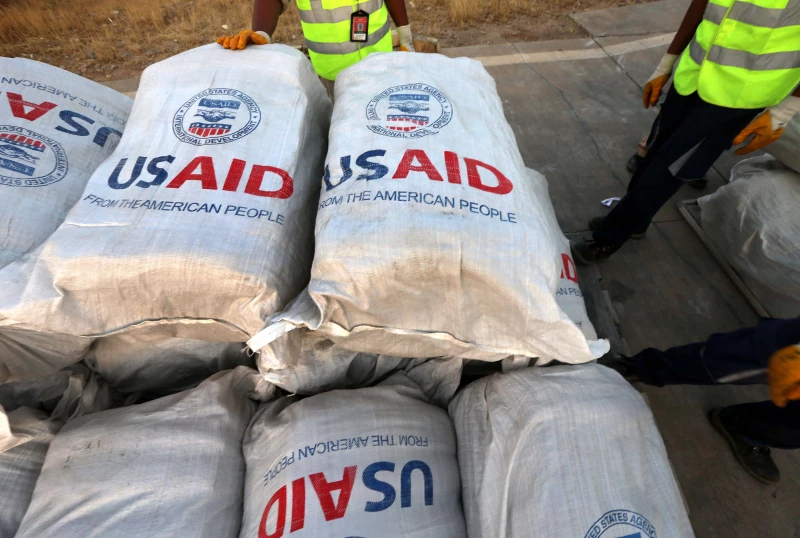ERBIL, Kurdistan Region of Iraq – Iranian President Masoud Pezeshkian, in an interview with US political pundit Tucker Carlson released on Monday, said that Tehran is willing to pursue nuclear diplomacy with Washington despite fears of further Israeli interference.
The Iranian president said, "We see no problem in re-entering the [nuclear] negotiations," though questioning, "How can we trust the US again? How can we know for sure that, in the middle of the talks, the Israeli regime will not be given the permission again to attack us?"
Despite this, he affirmed that he is “very much of the belief that we could resolve our differences and conflicts with the US through dialogue and talks."
Pezeshkian also claimed that Israel tried to assassinate him during a 12-day conflict in mid-June that saw Israeli airstrikes target key Iranian military leaders and nuclear scientists. He revealed that Israel “tried to bomb the place in which we were holding a meeting,” adding, “We are not afraid of martyrdom; we are not afraid of sacrificing our lives for our people, for our independence.”
In response to a question by Carlson asking whether Iran had tried to assassinate US President Donald Trump, the Iranian leader was quick to deny the allegations, stating that such notions have been insinuated by Israeli Prime Minister Benjamin Netanyahu “to drag the US into forever wars.”
He proceeded to dismiss speculation of Iranian sleeper cells preparing attacks on US soil, once more suggesting that Israel seeks to propagate this narrative to influence Washington’s behavior, saying, “This is totally untrue... by nature, Iranians are pro-peace and tranquility."
Pezeshkian also said that “it is religiously forbidden for us to pursue a nuclear bomb,” citing a fatwa issued by Supreme Leader Ayatollah Ali Khamenei on the matter that was first made public in 2003.
“The truth is that we have never been after developing a nuclear bomb: not in the past, not presently, nor in the future,” he continued.
Interviewer Carlson also asked the president about Tehran’s suspension of cooperation with the International Atomic Energy Agency (IAEA) and Iranian allegations that the nuclear watchdog had been used by Israeli spies.
Pezeshkian said that Iran had granted IAEA inspectors “full access” despite these concerns, lamenting that an IAEA report accusing Tehran of non-compliance with nuclear safeguards gave Israel an "excuse" and "prepared the ground" for their attacks.
Iran announced in early July that it had suspended its cooperation with the IAEA, with the aforementioned report, as well as the body’s failure to condemn Israeli and US strikes on Iranian nuclear sites, precipitating the move.
At least 935 people were killed and nearly 5,000 others injured in Iran during the conflict with Israel, according to the Iranian judiciary, with the death toll including 132 women and 38 children.


 Facebook
Facebook
 LinkedIn
LinkedIn
 Telegram
Telegram
 X
X



